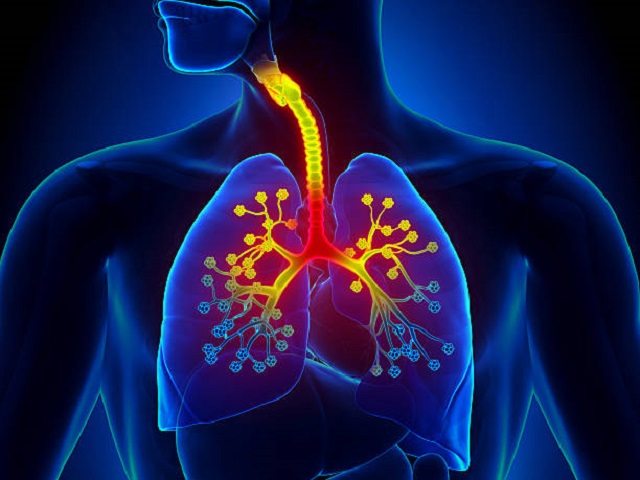7 Signs You May Have Bronchitis -- Symptoms, Causes, Effects, Treatment and Prevention
Bronchitis is an inflammation of the bronchial tubes, which are the air passages that carry air to the lungs. It can be acute or chronic and is often characterized by coughing, mucus production, and difficulty breathing.
Symptoms of Bronchitis
The symptoms of bronchitis may include:
- Cough: Persistent cough that may produce mucus, which can be clear, white, yellowish-gray, or greenish in color.
- Chest discomfort: Pain or discomfort in the chest, often worsened by coughing or deep breathing.
- Shortness of breath: Difficulty breathing, especially during physical exertion or in severe cases.
- Fatigue: Feeling tired or weak.
- Sore throat: Irritation or soreness in the throat.
- Nasal congestion: Stuffy or runny nose may occur in some cases.
- Low-grade fever: Mild fever may be present in acute bronchitis.
Diagnosis of Bronchitis
Diagnosis of bronchitis is usually based on medical history, physical examination, and symptoms. In some cases, additional tests may be performed, such as:
- Chest X-ray: To rule out other lung conditions or complications.
- Pulmonary function tests: To assess lung function and check for any underlying respiratory conditions.
- Sputum culture: To identify the presence of bacteria or viruses in the mucus.
Causes of Bronchitis
Acute bronchitis is usually caused by viral infections, such as the common cold or influenza viruses. It can also be caused by bacteria, although less commonly. Chronic bronchitis is often associated with smoking, exposure to environmental irritants (such as air pollution or chemical fumes), or repeated respiratory infections.
Effects of Bronchitis
The effects of bronchitis can vary depending on the type and severity of the condition. Acute bronchitis generally resolves within a few weeks, but it can lead to complications such as pneumonia in some cases. Chronic bronchitis, a type of chronic obstructive pulmonary disease (COPD), can cause persistent coughing, difficulty breathing, reduced lung function, and an increased risk of respiratory infections.
Treatment of Bronchitis
Treatment for bronchitis aims to relieve symptoms and manage any underlying causes. It may include:
- Rest and hydration: Getting plenty of rest and drinking fluids helps the body recover.
- Over-the-counter medications: Pain relievers, cough suppressants, and expectorants can help manage symptoms.
- Inhalers or bronchodilators: These medications may be prescribed to open up the airways and improve breathing.
- Antibiotics: If a bacterial infection is suspected, antibiotics may be prescribed, although they are not effective for viral bronchitis.
- Avoiding irritants: Minimizing exposure to cigarette smoke, pollutants, and other respiratory irritants is important, especially for chronic bronchitis.
Prevention of Bronchitis
To reduce the risk of bronchitis, the following preventive measures can be taken:
- Avoid smoking and exposure to secondhand smoke.
- Practice good hand hygiene to prevent the spread of respiratory infections.
- Avoid close contact with individuals who have respiratory infections.
- Get vaccinated against influenza and pneumonia, especially for those at higher risk.
References:
Mayo Clinic. (2021). Bronchitis. Retrieved from https://www.mayoclinic.org/diseases-conditions/bronchitis/symptoms-causes/syc-20355566
American Lung Association. (2021). Learn about bronchitis. Retrieved from https://www.lung.org/lung-health-diseases/lung-disease-lookup/bronchitis/
National Heart, Lung, and Blood Institute. (2018). Bronchitis. Retrieved from https://www.nhlbi.nih.gov/health-topics/bronchitis


















